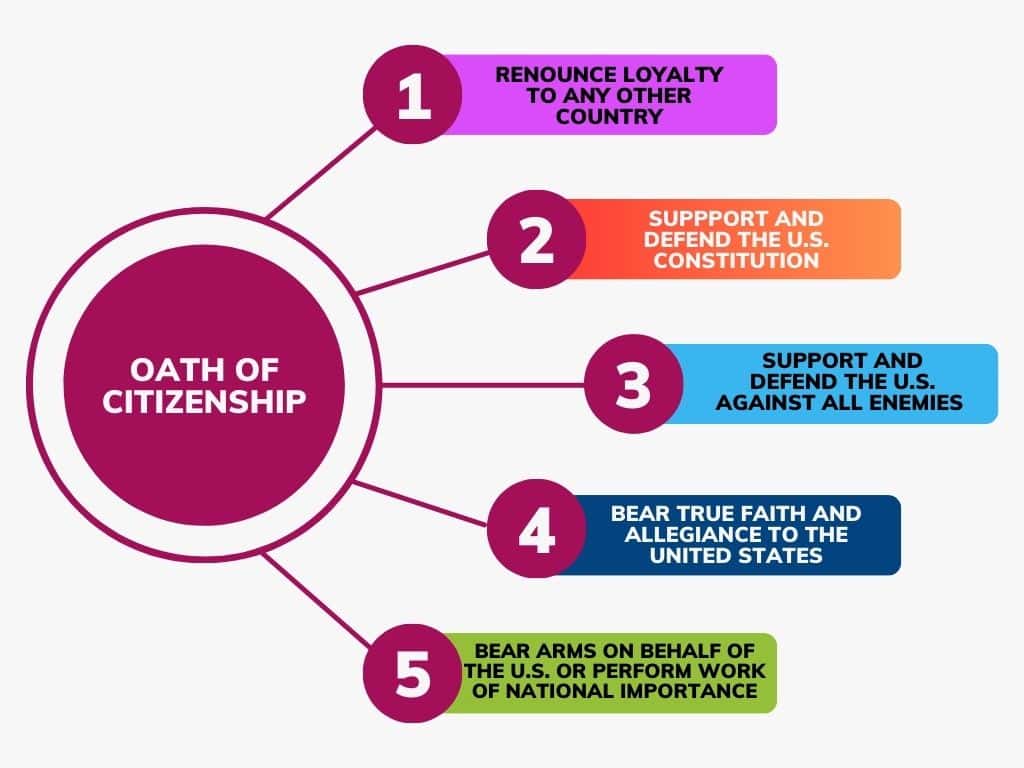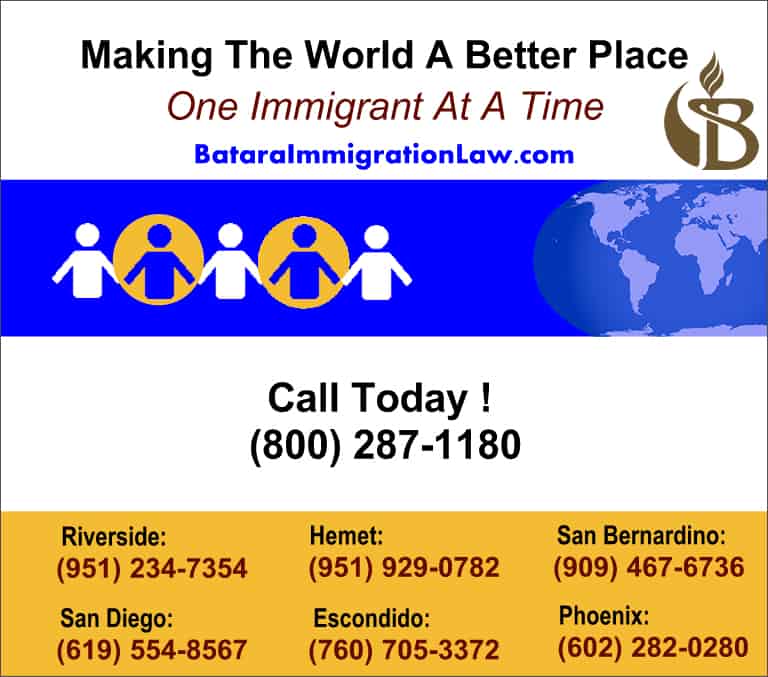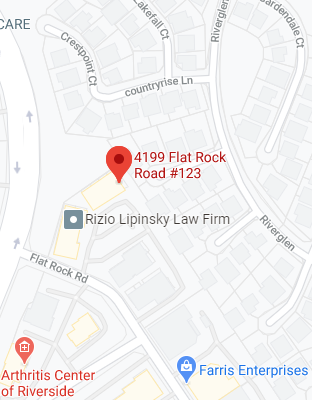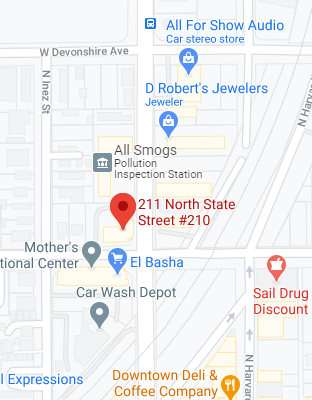
For immigrants, taking the oath of allegiance means they have crossed the final frontier of immigration law.
It represents a major turning point in their lives.
So what Is The Oath Of Citizenship?
To begin, the full name of the naturalization oath is the Oath of Renunciation and Allegiance.
The name, alone, tells the main purposes of such a recital at the moment one becomes a U.S. citizen:
- that the new citizen is moving their affinity for their home country to the back burner
- that their loyalty now lies with their new home, the United States
Short History Of
The Naturalization Oath
The first law governing naturalization was passed on March 26, 1790. This took place two months and three days before Rhode Island became the 13th and last colony to ratify the Constitution.
As immigration to the United States began to increase, laws requiring applicants to pledge to support the U.S. constitution, give up their allegiance to any other country, and provide proof of good moral character were passed.
In the view of the country’s Founding Fathers, immigrants willing to assimilate were welcome to join the American family. But those not so inclined would be excluded.
However, there was no standard oath for new citizens across the nation. The naturalization process varied from state to state.
At the start of the 20th century, a Commission On Naturalization was appointed by President Theodore Roosevelt to study how to standardize the naturalization process.
At the time, there were nearly 5,000 courts with jurisdiction to confer citizenship.
A year later, the Basic Naturalization Act of 1906 was passed. It included language, which remains in effect today, that aspiring applicants would defend the Constitution and laws of the United States of America against all its enemies, foreign and domestic, as well as bear true faith and allegiance to the nation.
Despite the Commission’s work, a nationwide oath was still not adopted.
Finally, in 1929, finally, a standardized oath went into effect.
In 1952, the Oath was amended again, this time to add service to the U.S. It added that if you wanted to become a U.S. citizen, you had to commit to taking action upon the government’s request, if necessary, to defend the country.
This provision was included in response to the growing threat from the Soviet Union.
It added that if you wanted to become a U.S. citizen, you had to commit to taking action upon the government’s request, if necessary, to defend the country.
The Oath Of Citizenship: Five Components
This leads to today’s Oath of Allegiance, a 140-word oath that has five main components.
The new citizen is required to:

- Renounce loyalty to any other country
- Support and defend the U.S. Constitution
- Support and defend the U.S. against all enemies, foreign and domestic
- Bear true faith and allegiance to the United States
- Bear arms on behalf of the U.S. government, or perform work of national importance, on behalf of the U.S.
In addition, the Oath concludes the new citizen is taking the Oath “freely, without any mental reservation or purpose of evasion”.
This means the new citizen has chosen to take the Oath and has not being forced to take the Oath.
Are There Any Exceptions
To Taking The Oath?
There are two exceptions to taking the full oath that arise most commonly.
First, a modified Oath is possible for those immigrants who want to opt out of the parts that ask them to bear arms and perform non-combative services.
This request must be based on sincerely-held religious beliefs or a sincerely-held personal moral code.
Second, persons who have a physical disability or medical impairment may be excused from taking the Oath upon a showing of sufficient evidence.
In these situations, an immigrant is still allowed to naturalize despite not taking the full Oath.
Recommended Reading:
Ready to take a serious and honest look at the strengths and weaknesses of your immigration case? Let’s get started with a personalized strategy and planning session . . .
Here's How It Works
1
Call Our Office
Immigration law doesn’t have to be confusing. You don’t have to live in fear of being deported and separated from your family. A comprehensive 30-minute Strategy And Planning Session will take the stress out of not knowing your options first-hand.
2
Meet With Carlos
Every case is unique. We refuse to take cookie-cutter approaches to your case. After we discuss the ins and outs of your immigration and family situation, Carlos will outline your chances for success and how to overcome obstacles standing in your way.
3
No Pressure - No False
Promises
Hiring a lawyer is a big investment, and we will not pressure you to hire us or push you into a plan you don’t understand. If we cannot help you, we will tell you. We will not take your case, unless we believe we can make a difference for you and your family.




